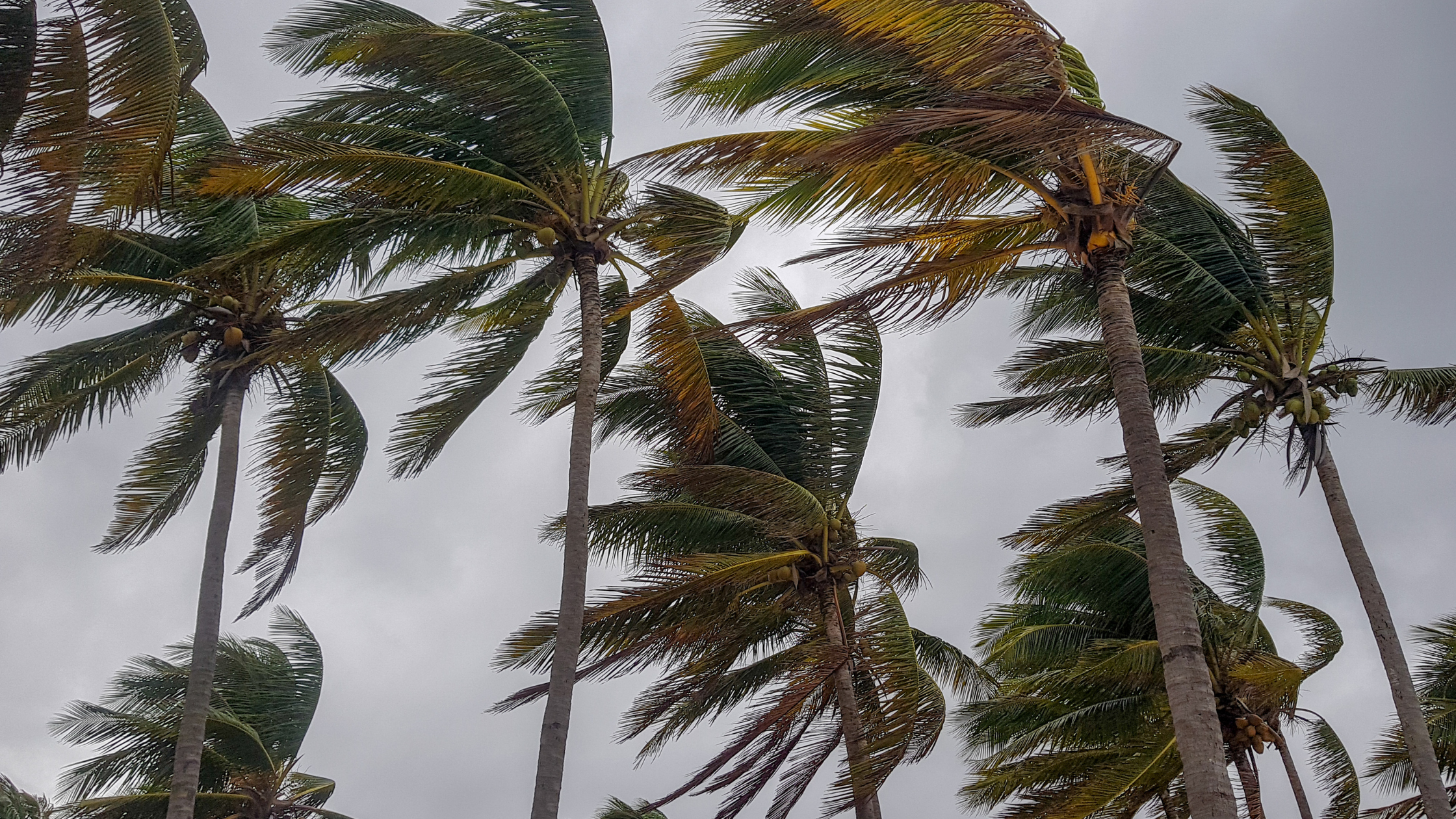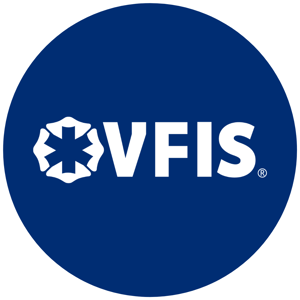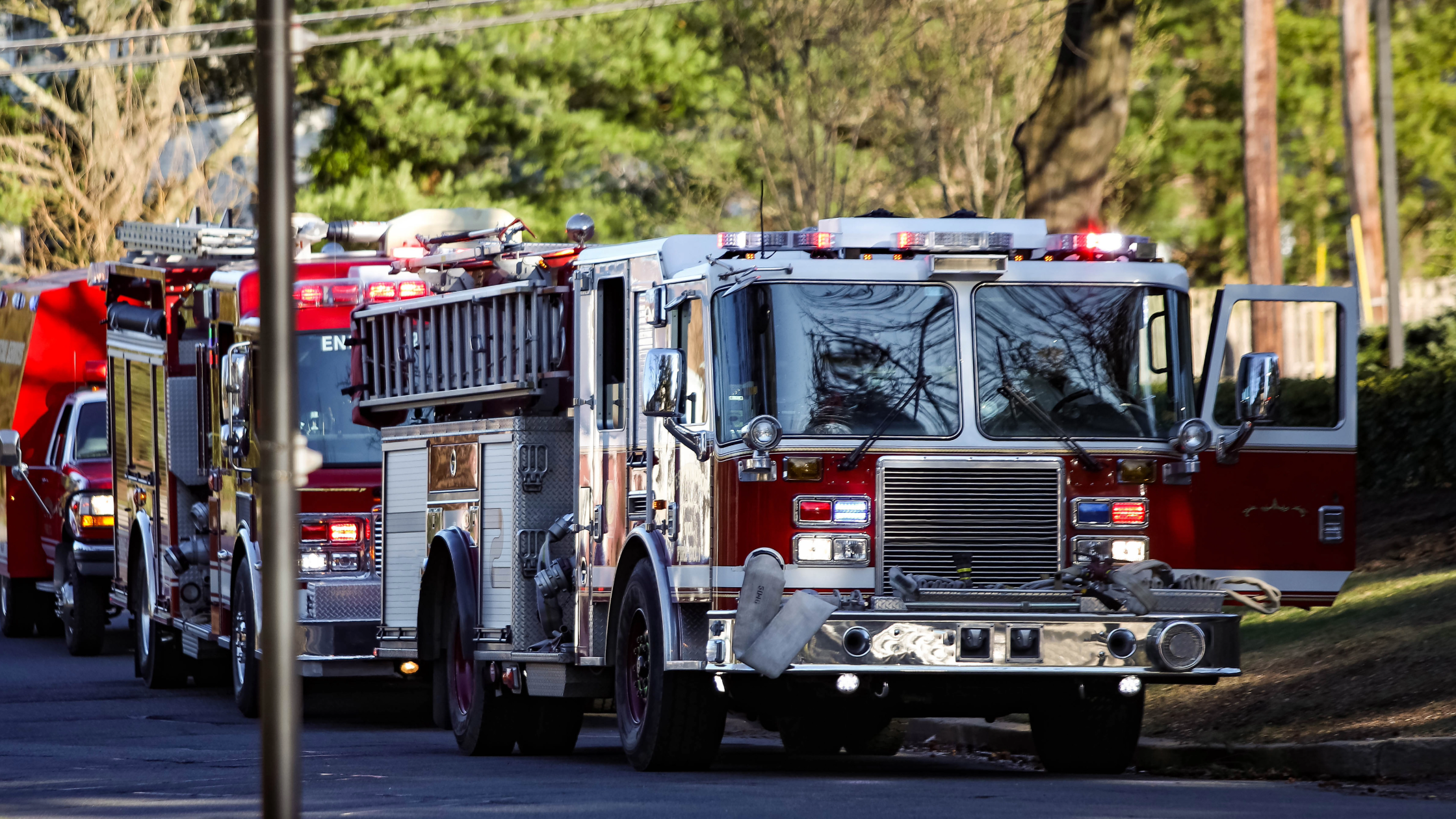7 Tools to help your fire department, EMS agency or communication center prepare for severe weather
Natural disasters and severe weather events can bring lots of uncertainty and fear with them—and it’s not unwarranted. These storms can bring a variety of risks, and when you’re expected to continue to answer and respond to 911 calls during them—the tensions can be high. However, having carefully thought-out, written and implemented plans in place can help you better prepare for, endure and recover from these incidents.
ResponderHelp.com has a variety of resources to help you address severe weather risks, including:
- The FEMA playbook to help your organization prepare for a hurricane.
- Free SOGs and SOPs that address a variety of weather risks including developing severe weather action plans, addressing thunderstorm alerts and using surge protection for devices to help protect against lightning.
- A Don’t Risk It! podcast episode on severe weather preparedness.
- Downloadable, free VFIS disaster preparedness and property management bulletins.
As we experience the season of hurricanes, wildfires and other severe weather events—we would like to thank you for all that you do to help serve your community.
DISCLAIMER
The information contained in this blog post is intended for educational purposes only and is not intended to replace expert advice in connection with the topics presented. Glatfelter specifically disclaims any liability for any act or omission by any person or entity in connection with the preparation, use or implementation of plans, principles, concepts or information contained in this publication.
Glatfelter does not make any representation or warranty, expressed or implied, with respect to the results obtained by the use, adherence or implementation of the material contained in this publication. The implementation of the plans, principles, concepts or materials contained in this publication is not a guarantee that you will achieve a certain desired result. It is strongly recommended that you consult with a professional advisor, architect or other expert prior to the implementation of plans, principles, concepts or materials contained in this publication.
This blog post may contain the content of third parties and links to third party websites. Third party content and websites are owned and operated by an independent party over which Glatfelter has no control. Glatfelter makes no representation, warranty, or guarantee as to the accuracy, completeness, timeliness or reliability of any third party content. References to third party services, processes, products, or other information does not constitute or imply any endorsement, sponsorship or recommendation by Glatfelter, unless expressly stated otherwise.
Related posts
We asked 10 members of our VFIS Team to name one auto-related risk that they believe is underdiscussed in fire and EMS agencies. Here’s what they said.
Most volunteer fire departments rely heavily on POVs, but there are inherent risks you should know.
Establish a Emergency Vehicle Operations Program that includes driver/operator requirements to help ensure your vehicles are in the right hands.









Submit a Comment